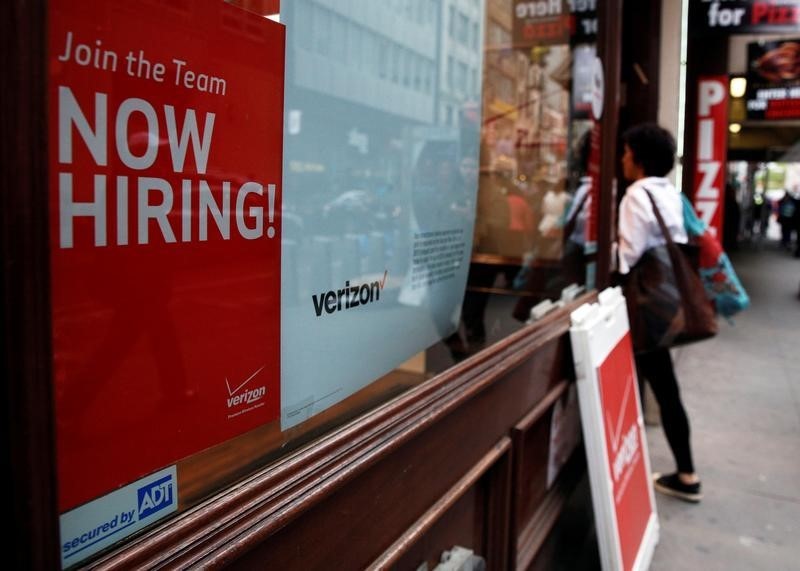On Monday, telecom giants AT&T (NYSE:), Verizon (NYSE:) and Comcast (NASDAQ:) saw their shares fall following the Supreme Court’s decision not to hear an appeal against a New York law that imposed broadband rate caps on low-income households. The law, which passed in 2021, requires internet service providers (ISPs) to offer discounted service rates to a significant portion of New York households.
AT&T shares fell 3.5%, Verizon fell 3.3%, Comcast fell 2.5% and Charter communications (NASDAQ:) by 0.5% as the market reacted to the ruling’s impact on the telecom sector. The Supreme Court’s refusal to hear the case leaves in place an April 2024 2nd Circuit ruling that upheld New York law. This law was challenged by ISPs on the grounds that broadband was classified as a Title 1 service, arguing that states did not have the authority to regulate such “information services”.
The Supreme Court’s decision effectively means that states can step in to regulate broadband prices when the Federal Communications Commission FCC (BME:)) is not, according to the current Title 1 classification. The telecom industry sees this as a setback, as the FCC will likely lose its Title 2 authority, which would have allowed it to regulate prices at the federal level.
Analysts at TD Cowen suggest the Supreme Court could review the state’s power to regulate broadband prices in the 2025-2026 period. This would likely follow a final ruling from the 6th Circuit, expected in mid-2025, which may prevent the FCC from classifying broadband as a Title 2 service.
Investors are now faced with the question of whether other states will follow New York’s lead and implement similar price regulations. This scenario is expected to become clearer in the first half of 2025, as state legislatures reconvene and may consider such legislation. California is highlighted as a potential state to watch given its history of imposing net neutrality requirements on ISPs.
This article was produced with the support of AI and reviewed by an editor. For more information see our General Terms and Conditions.


